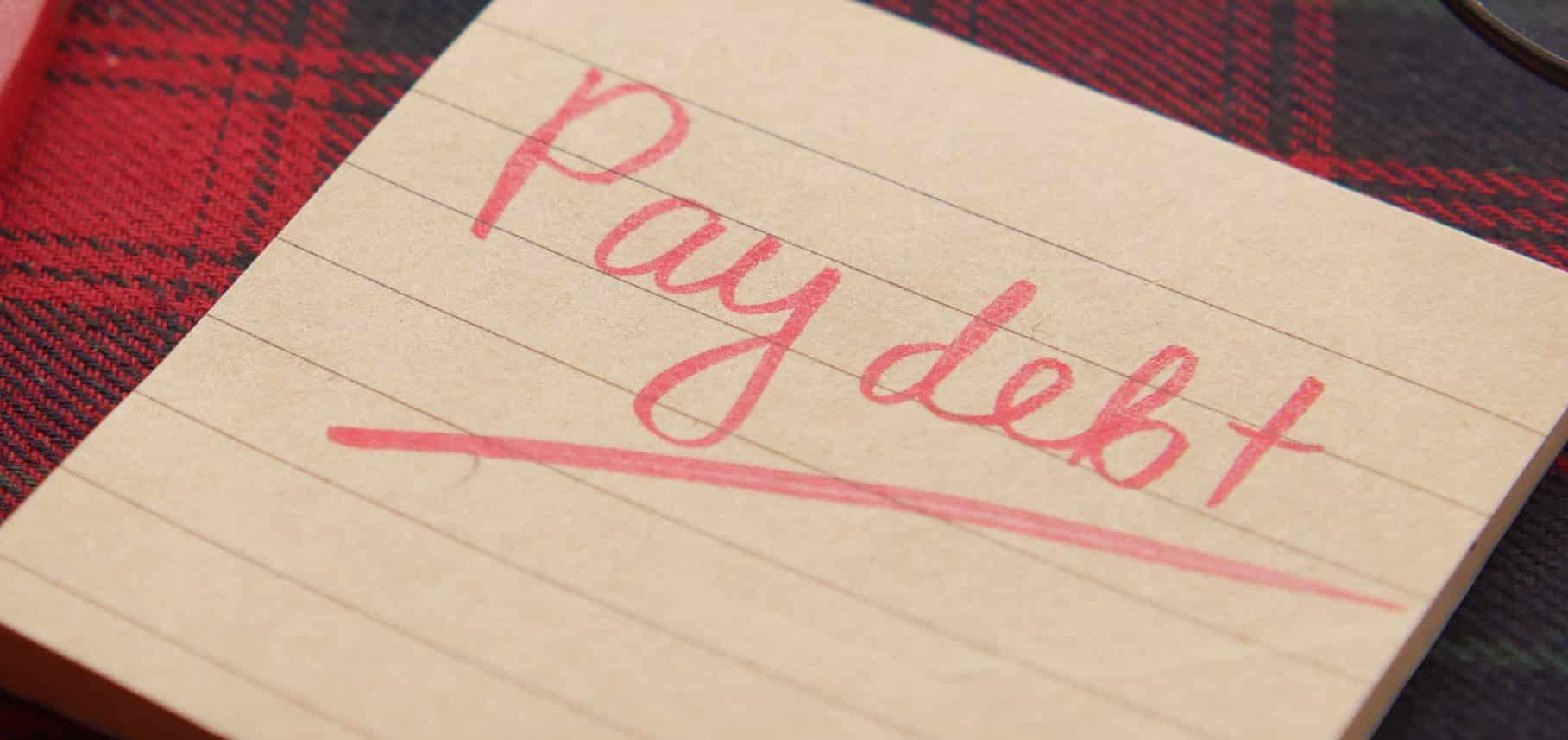There has been some confusion about whether debts which arise under Building and Construction Industry Security of Payment Act 1999 (NSW) (the SOPA) can be enforced using a statutory demand.
In Grandview Ausbuilder Pty Ltd v Budget Demolitions Pty Ltd [2019] NSWCA 60 (Grandview v Budget), the NSW Court of Appeal held that all debts arising under the SOPA can be enforced using statutory demands.
This article looks more closely at:
- in what circumstances a party to a building contract or subcontract can issue a statutory demand for money owing as a result of the operation of the SOPA; and
- if such a statutory demand is issued, what are the common circumstances in which the Court will set aside the statutory demand.
SOPA
The SOPA contains a framework for facilitating the quick payment of progress claims owing to construction contractors and subcontractors during the term of a construction contract. Under the SOPA, disputed progress claims can be submitted for adjudication with an adjudicator. The adjudicator is empowered to issue an adjudication certificate certifying how much is payable for the progress claim.
The SOPA operates in parallel with construction contracts. This means that when a person elects to rely on the SOPA, that person must follow the steps required by the SOPA and can become liable to pay amounts under the SOPA (SOPA debt). The obligation to pay a SOPA debt is separate to and in addition to any contractual obligations.
The SOPA only provides interim relief not final relief. If a party is still dissatisfied with an outcome they have achieved using the SOPA process, then that party can seek to have the dispute determined by a court or (if agreed by the parties) an arbitrator, subject to various conditions being met.
Statutory demands
Statutory demands are a statutory process provided for under the Corporations Act 2001 (Cth) (Corporations Act) to facilitate the quick payment of debts by companies.
A company will be presumed to be insolvent if it fails to comply with a statutory demand and can be wound up by the Court on the application of a petitioning creditor. As such, statutory demands often act as an excellent tool for collecting debts.
Statutory demands are not however able to be used to recover debts that are subject to a genuine dispute or where the creditor has a set-off, counterclaim or cross-demand. Such statutory demands are liable to be set-aside on the application of the company under section 459G of the Corporations Act.
Statutory demands for the SOPA debts
As the SOPA only provides interim and not final relief, there has been some confusion as to whether the SOPA debts can be enforced using statutory demands without the debtor first having to file an adjudication certificate as a judgment under s 25 of the SOPA with any competent court.
Grandview v Budget has now clarified that all SOPA debts can be enforced with statutory demands without a debtor first having to have a judgment registered under s 25 of the SOPA. This will make enforcing and collecting SOPA debts quicker and cheaper.
Genuine Dispute
In Grandview v Budget, the Court of Appeal held that a statutory demand issued in reliance on a SOPA debt will not be set aside on the basis that the party alleges there is a genuine dispute about the debt. Notwithstanding that the SOPA debt is interim relief, that relief stands unless and until it is set aside.
In other words, the Court will not set aside a statutory demand simply because the SOPA debt could be challenged by the debtor in subsequent proceedings commenced under the Building Contract.
Offsetting Claims
Statutory demands issued in reliance on the SOPA debts are however still vulnerable to being set aside where the recipient can establish there may be an offsetting claim.
An offsetting claim is defined in section 459H(5) of the Corporations Act to mean “a genuine claim that the company has against the [person issuing the statutory demand] by way of counterclaim, set‑off or cross‑demand (even if it does not arise out of the same transaction or circumstances as a debt to which the demand relates).”
The threshold for showing the existence of an offsetting claim is low. The company does not need to prove that the offsetting claim is a good one or even that the offsetting claim actually exists. The company only needs to show that there is a real possibility that the company has an offsetting claim against the person issuing the statutory demand.
As a result, the Court will not look at the facts of a case in detail during a set aside application. If the company can show there is a serious question about its offsetting claim, the Court’s view is that it is appropriate for the parties to resolve their dispute through litigation or other methods of dispute resolution.
Analysis
On balance, Grandview v Budget is an important decision that will make it easier to enforce outcomes achieved under the SOPA, including payment claims and adjudication determinations.
Statutory demands are always cheaper and easier to pursue than taking a party to court and engaging in extended litigation. Statutory demands are often very efficient in obtaining a debtor’s attention given the consequences which can arise from failing to comply with the statutory demand. For this reason, we always recommend to our clients that they pursue statutory demands when they can.
If you would like to discuss this article or its implications for your development, please contact David Greenberg, our Commercial and Insolvency Partner or Victoria Caldwell, Associate.
The contents of this publication do not constitute legal advice and are for general information purposes only. You should seek legal advice regarding your particular circumstances.

